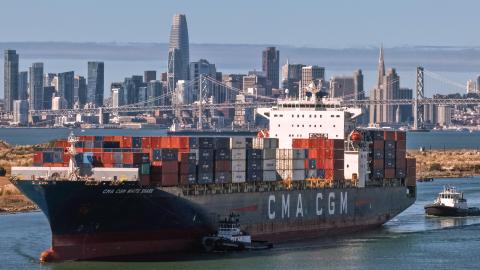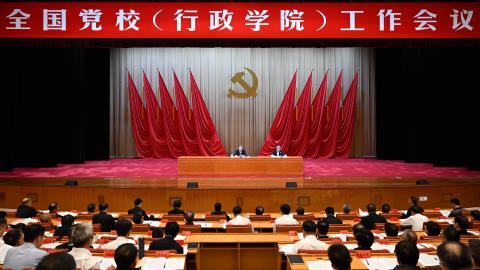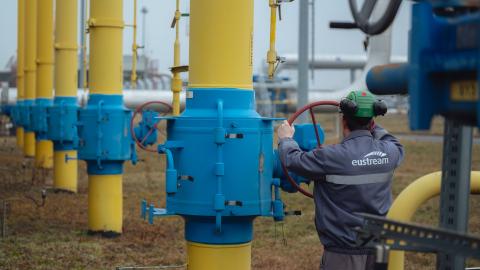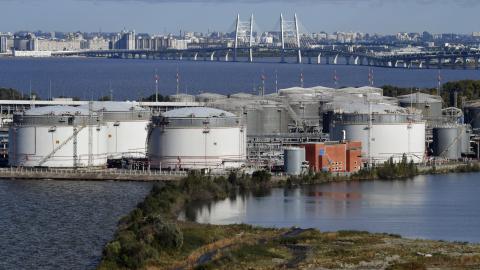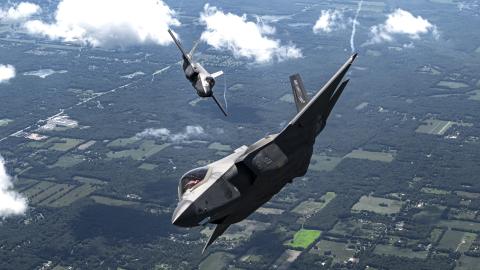America's renewed and even more lavish cotton subsidies have flunked their first international test--unleashing a trade war that might collapse the whole farm-subsidy system.
A decade-long ''cease fire'' on World Trade Organization farm-subsidy complaints expired last year. In the war's first salvo, the WTO ruled that our cotton subsidies violate Brazil's international trading rights.
The real winners could be 10 million poor African cotton farmers. Their prices have been depressed as much as 26 percent by $4 billion per year's worth of U.S. cotton surpluses.
Growing cotton
Oxfam, the international relief organization, says that in 2001 the United States paid its cotton farmers subsidies worth 130 percent more than their total sales earnings that year. Naturally, this encouraged U.S. farmers to grow cotton, no matter how low the price.
Another WTO case is pending with Brazil and Thailand challenging Europe's vast sugar subsidies. U.S. sugar subsidies could be next. And Argentina is considering a complaint against dairy payments, encouraged by the ruling against U.S. cotton.
The Bush administration says that it will appeal the WTO cotton decision. John Kerry almost certainly will agree. Both Republicans and Democrats avidly sling subsidy cash at a relatively few farmers--especially in the Great Plains and other nearby farm states where they can affect the 2004 election of nearly half the U.S. senators.
The good news is that a WTO farm trade war might finally take abusive farm subsidies away from the politicians.
While that would ease our tax burdens modestly, it would allow poor countries to grow economically by exporting significantly more cotton, meat and sugar. And many of those nations would be able to afford more high-tech products from this country.
Without trade barriers, densely populated China and India, too, would import more farm products from Iowa and Poland, instead of clearing their steep, species-rich wildlands to grow more low-yield crops.
Demand for more food
American farmers would be able to earn more from expanded exports of crops that the world needs than from the subsidies that Congress now gives them for growing things that the world doesn't want.
The world will demand more than twice as much food in 2050, and we already farm half of the global land not covered by deserts and glaciers.
Thus, our wildlife has a huge stake in growing the crops where they grow best. Tropical Brazil gets double the sugar yield per acre of American sugar beets, while American farmers double Brazil's wheat yields. Well-watered French farms get higher yields than nonirrigated lands in India.
Third World countries had already been flexing their muscles more vigorously in the WTO. The United States and Western Europe tried to present a united front against radical farm subsidy changes at the meeting in Cancun, Mexico, last fall. Third World countries refused to renew the ''peace clause'' and then walked out.
The WTO's free-trade rules have cut the average tariff on nonfarm products from 40 percent to 4 percent in the past 50 years, spreading more-economical products and better wages worldwide. Farm tariffs, however, still average more than 60 percent.
A good farm-trade war
Some big farms in Texas and California get $1 million or more in annual cotton subsidies, for thousands of acres planted, sprayed and harvested by big machines. In Africa, millions of small farmers grow perhaps one acre of cotton apiece, using short-handled hoes and hand-picking their fiber into burlap sacks.
Farm subsidies currently drain $350 billion per year from rich-country budgets and may cost poorer countries nearly that much in lost growth. A good farm-trade war may be just what the world needs.
